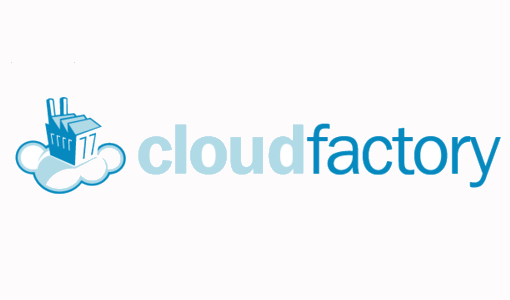CloudFactory, a distributed workforce company that seeks to reduce poverty in emerging economies, launched its CloudFactory 2.0 platform last week after acquiring SpeakerText and Humanoid in October for an undisclosed amount.
SpeakerText automates video transcriptions through algorithms and crowdsourcing and its investors included Mitch Kapor, 500 Startups, Crowdflower CEO Lukas Biewald, Roy Rodenstein, Chris Yeh and Georges Harik (one of Google’s first 10 engineers). Automated workforce management platform Humanoid was launched by SpeakerText in November 2011 and backed by Google Ventures.
CloudFactory 2.0 is the latest step in CloudFactory’s lofty goal of connecting one million people in developing countries to basic computer work by 2017, which the company hopes will reduce poverty in its employees’ communities.
The startup is based in Nepal, which CEO Mark Sears moved to four and a half years ago after initially planning to stay for just a two-week vacation.
“It was not a strategic plan to locate in Nepal but instead a matter of falling in love with the people and the country while seeing the immense opportunity with so much untapped human potential in the nation. We are now targeting similar up-and-coming countries with early [business process outsourcing] industries to expand our workforce into. The advantage is that Nepal has benefitted from so much aid and the middle class is growing very quickly with so much remittance coming back into the country–both of these have driven education over the last couple decades and there are many college graduates now emerging,” Sears tells me.
The company currently has about 1,000 workers, almost all based in Nepal. Sears says CloudFactory is the primary job for most of its workers, who are on a retainer to do a minimum amount of work each week. CloudFactory is used by clients who need to process large volumes of data entry, data collection, or data processing. That work is broken down into “microtasks” that are completed along what CloudFactory calls its “virtual assembly line.” Sears says that there are already 5.5 million tasks booked for the next month and “this number is scaling aggressively as we grown our workforce.”
CloudFactory’s next stop is Africa.
“We are on target for 2,000 cloud workers by the end of April and 8,000 by the end of 2013. We have a pilot project in Kenya and are preparing to aggressively expand our workforce into Africa this year. Our goal is to connect one million people to computer work across about 10 to 12 developing countries by the end of 2017,” says Sears.
